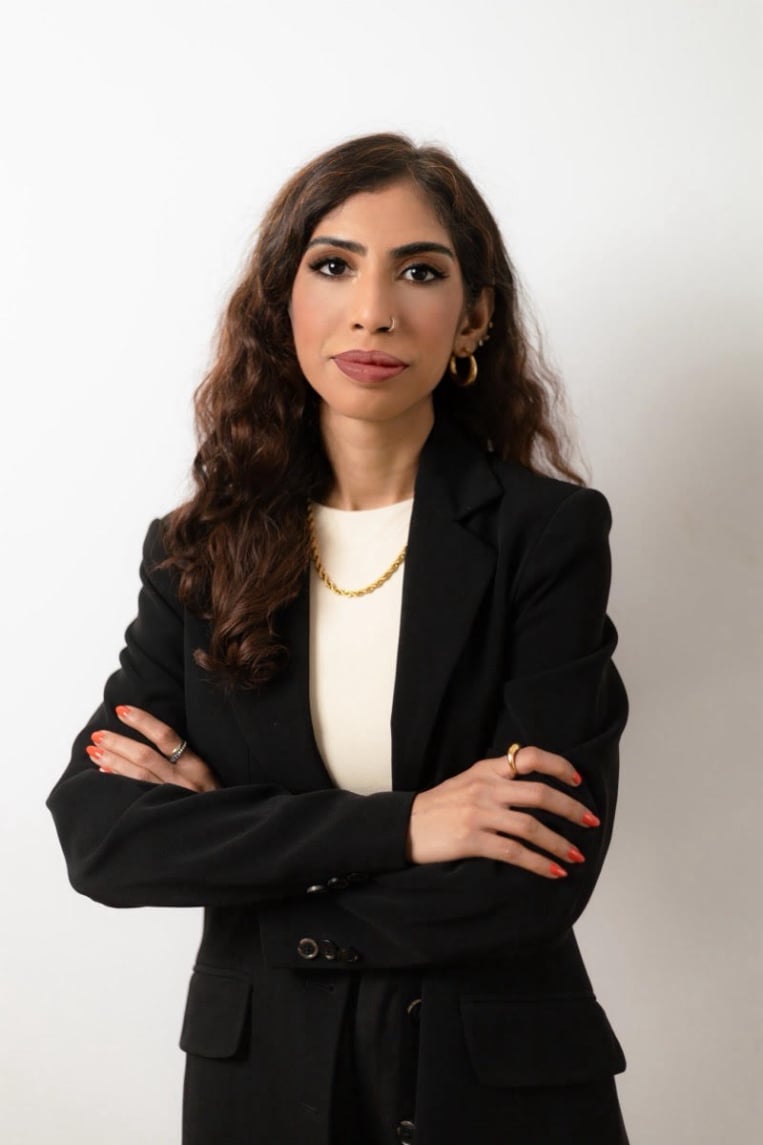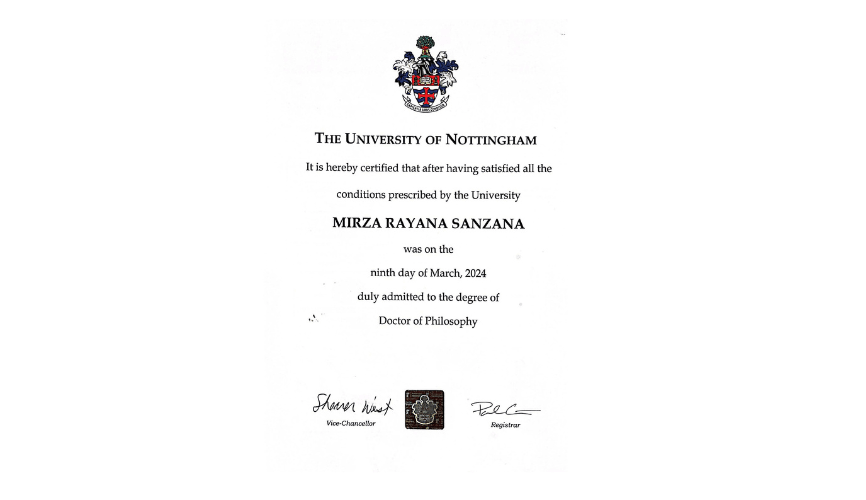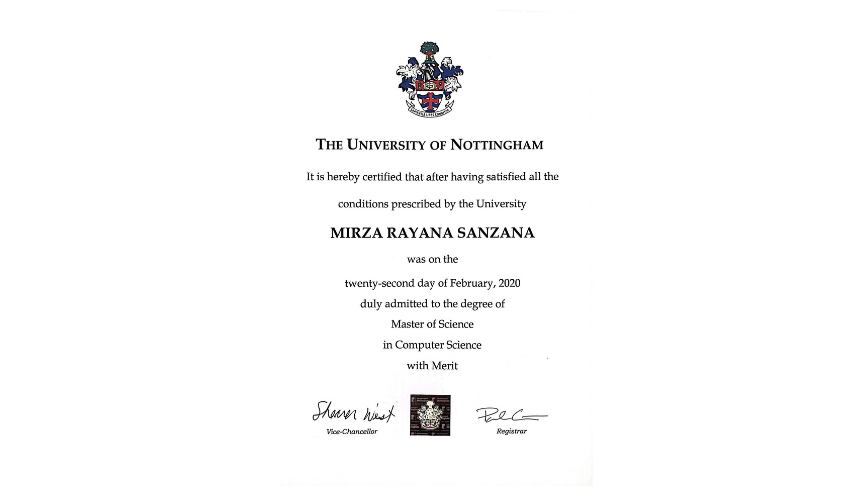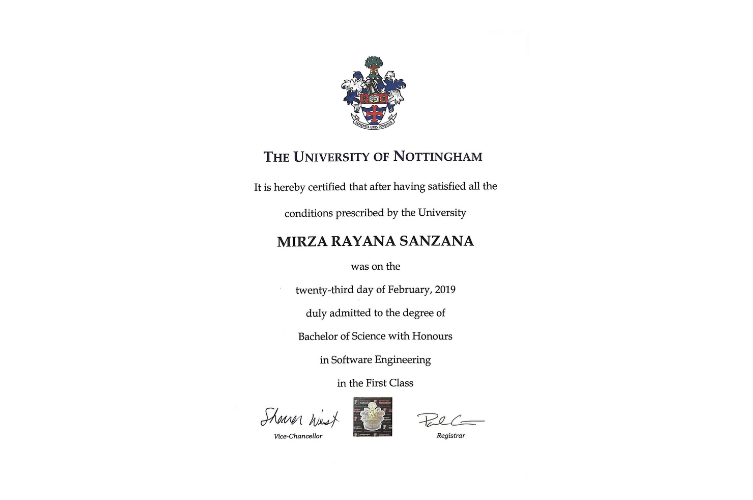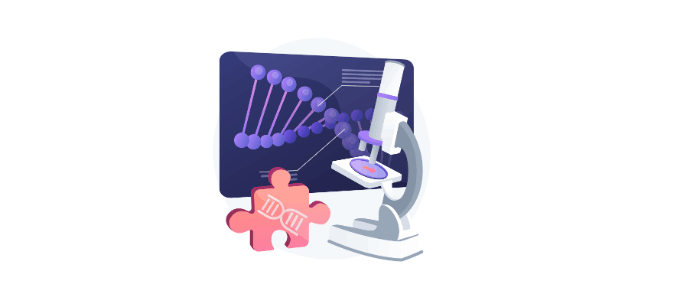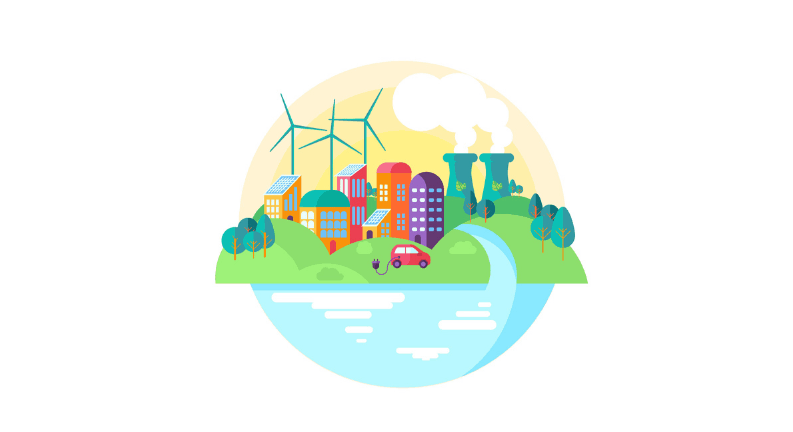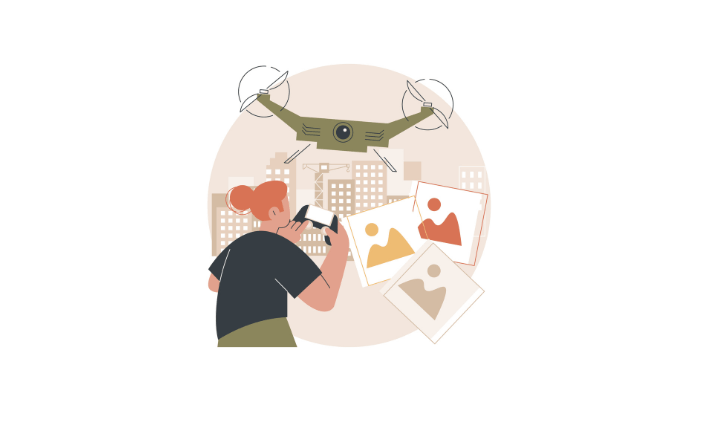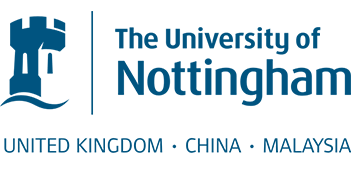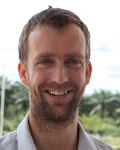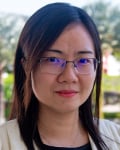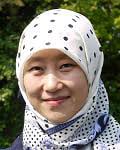AI researcher in Energy Systems and Lecturer
Mirza Rayana Sanzana
I’m an AI researcher and lecturer (equivalent to U.S. Assistant Professor) at Monash University Malaysia (School of Information Technology), with an interdisciplinary background bridging computer science, civil engineering, and energy systems. My work focuses on developing AI-driven solutions for thermal energy storage, hybrid energy storage systems and renewable energy systems, with an emphasis on climate resilience and sustainable cities. As a dedicated early career researcher, I am committed to harnessing technology for positive global impact. Explore how my research integrates innovation with equity to build smarter, greener, and more inclusive infrastructures.
PhD interdisciplinary (Computer Science & Civil Engineering) | MSc in Computer Science | BSc in Software Engineering
